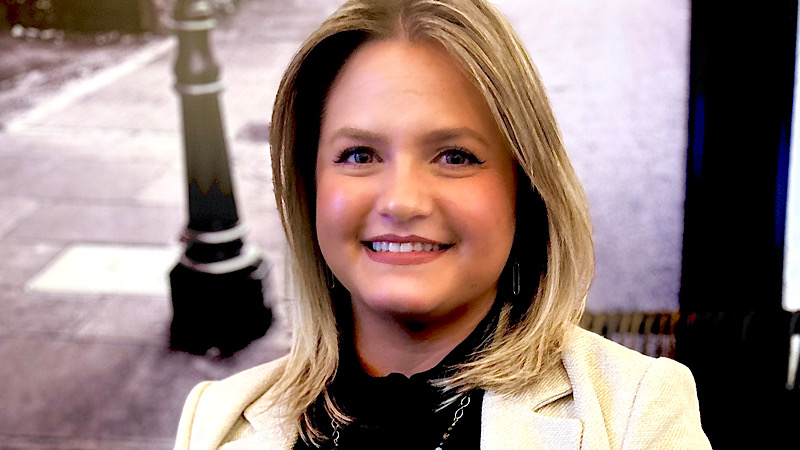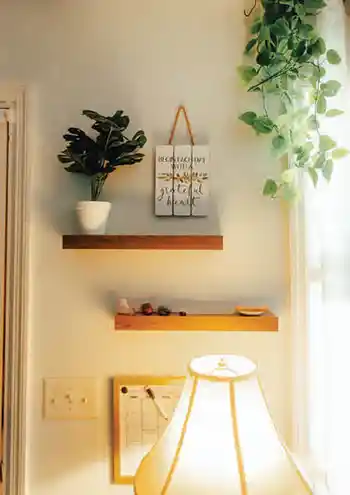 Since beginning her sobriety journey in 2018, Nicole Bonnema has dedicated herself to helping women in recovery. After noticing a huge gap in sober living facilities for women in the Charleston area, she founded Bright Spot Sober Living, which offers safe, secure housing to women who need help transitioning back to society following addiction and rehabilitation.
Since beginning her sobriety journey in 2018, Nicole Bonnema has dedicated herself to helping women in recovery. After noticing a huge gap in sober living facilities for women in the Charleston area, she founded Bright Spot Sober Living, which offers safe, secure housing to women who need help transitioning back to society following addiction and rehabilitation.
Bright Spot runs two homes nestled in safe, suburban neighborhoods. They house residents alongside house managers who keep a close eye on things. The Bright Spot rules are fairly simple: residents must abstain from substance use, be home by curfew, participate in either a 12-step program or another recovery path and obtain gainful employment. While this may not sound like much, to women who have spent years or even decades in the grip of addictions, the rules help bridge the gap between structured clinical facilities and the freedom and accompanying pressures of home life. Residents spend anywhere from two months to a year at Bright Spot.
“I of course want them to stay as long as possible,” said Bonnema. “But not everyone can stay for very long. There are children or other dependents to consider, so there’s not a minimum time.” Every little bit helps on the journey to sober living.

Residents pay $200 per week, a fee which covers rent, utilities, cleaning supplies, coffee and other shared items. Financial assistance can be provided when needed. “I will never turn a woman away because of money. Every woman deserves a safe place to live,” added Bonnema.
Bright Spot also runs weekly house meetings in which residents discuss the past week’s challenges, celebrate their successes and plan for the next seven days. Bonnema and her staff provide a wealth of other services to residents, including help with resumé creation or finding health insurance.
“Getting sober is hard enough without having help with the little things,” said Bonnema. “Something like getting your driver’s license back or opening a bank account can be overwhelming. They can give up because they don’t even know where to begin.” And that could be catastrophic; this is truly life or death. “It’s important to remember that addiction doesn’t discriminate,” Bonnema says. “It’s not life circumstances that create the disease. The disease was already there in every addict. We serve girls as young as twenty, women with children and older women. There are lawyers, therapists and women who were once homeless. It can happen to anyone.”
Bonnema added, “Bright Spot means everything to me. When you watch someone who has been through addiction find a sober way to live, it’s beautiful. It’s like watching the light turn back on inside of them.”
By Leah Rhyne